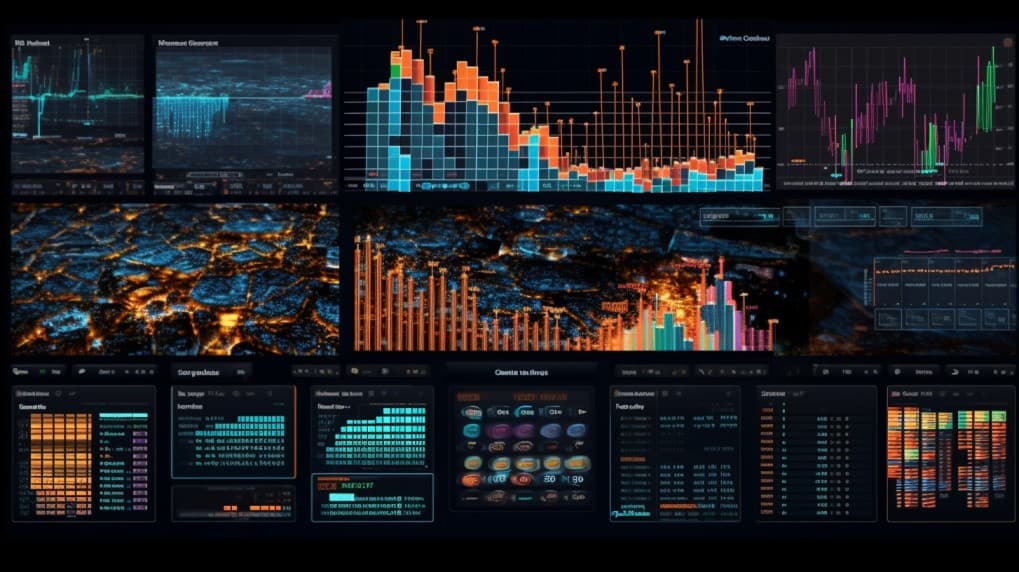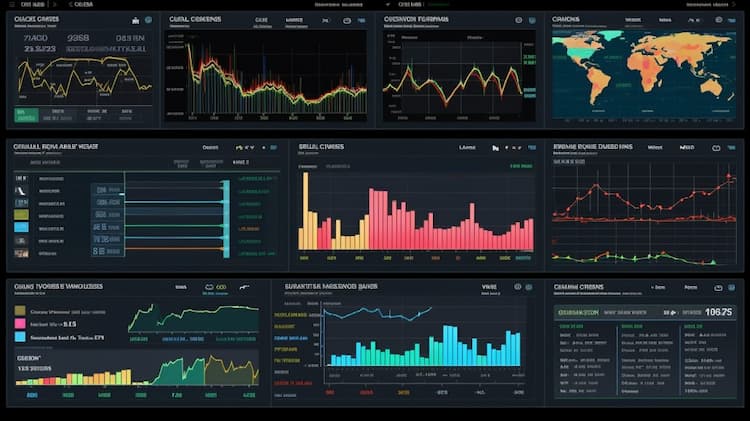
AGG Vs LQD: Sectors and Top Holdings
Exchange-Traded Funds (ETFs) have transformed the way investors approach the financial markets, offering diversification, transparency, and ease of access. In this article, we will conduct an in-depth comparison between two prominent ETFs: AGG (iShares Core U.S. Aggregate Bond ETF) and LQD (iShares iBoxx $ Investment Grade Corporate Bond ETF). Our analysis will cover crucial aspects such as ETF tickers, full names, issuers, sectors, top holdings, capitalization, strategy, tracking methods, and exposure.
AGG Vs LQD: Overview
AGG and LQD represent distinct investment strategies within the fixed-income realm. While AGG focuses on providing exposure to a broad spectrum of U.S. investment-grade bonds, LQD is centered around investment-grade corporate bonds. This distinction in investment objectives leads to varied risk profiles and potential returns, which we will explore further in the subsequent sections.
AGG Vs LQD: Sectors and Top Holdings
The AGG ETF offers investors exposure to various sectors of the U.S. bond market, including government, corporate, and mortgage-backed securities. Its top holdings may consist of U.S. Treasury bonds and mortgage-backed securities. On the other hand, LQD concentrates solely on investment-grade corporate bonds issued by well-established companies. Analyzing the sectors and top holdings helps investors align their portfolios with specific market segments and risk preferences.
 AGG overlap AGG VS LQD
AGG overlap AGG VS LQD
AGG Vs LQD: Capitalization and Strategy
AGG boasts a substantial Asset Under Management (AUM), indicative of its popularity among investors seeking exposure to the U.S. fixed-income market. LQD's strategy centers on offering investors access to a diversified portfolio of investment-grade corporate bonds, aiming to provide a balance between yield and credit risk. Understanding the differences in capitalization and strategy is essential for evaluating the potential returns and risk associated with each ETF.
AGG Vs LQD: Tracking and Exposure
AGG aims to track the performance of the Bloomberg Barclays U.S. Aggregate Bond Index, which comprises a wide range of U.S. investment-grade bonds. In contrast, LQD seeks to replicate the performance of the iBoxx $ Investment Grade Corporate Bond Index, consisting exclusively of investment-grade corporate bonds. The tracking methods employed by AGG and LQD, along with their targeted exposure, impact the way these ETFs respond to market fluctuations.
Conclusion
AGG and LQD are distinctive ETFs, catering to investors seeking exposure to different segments of the fixed-income market. To delve deeper into insights regarding holdings, correlations, overlaps, and other essential information, ETF Insider emerges as an invaluable tool. This user-friendly app empowers investors with comprehensive details on these ETFs and other financial instruments, facilitating informed investment decisions.
Disclaimer: This article does not offer any investment advisory services.
Sources:
iShares by BlackRock - AGG
[URL]
iShares by BlackRock - LQD
[URL]
LQD quote and analysis
Discover the top holdings, correlations, and overlaps of ETFs using our visualization tool.
Our app allows you to build and track your portfolio.
To learn more about the LQD iShares iBoxx $ Investment Grade Corporate Bond ETF, access our dedicated page now.
FAQ
Why is AGG better than LQD?
AGG may be considered better than LQD for some investors due to its specific focus, offering diversification.
Does LQD beat AGG?
LQD's performance relative to AGG will vary over time, depending on market conditions.
Should I invest in AGG or LQD?
The choice between AGG and LQD should align with your investment goals, risk tolerance, and desired exposure.
Are AGG and LQD good investments?
Both AGG and LQD can be suitable investments depending on individual investment strategies, goals, and risk profiles.
What is the correlation between AGG and LQD?
The correlation between AGG and LQD can vary over time, reflecting differences in performance.





